“But who made it?”
This is a question I found myself asking, with an increasing sense of frustration and despair, on a recent search for the perfect leather jacket.
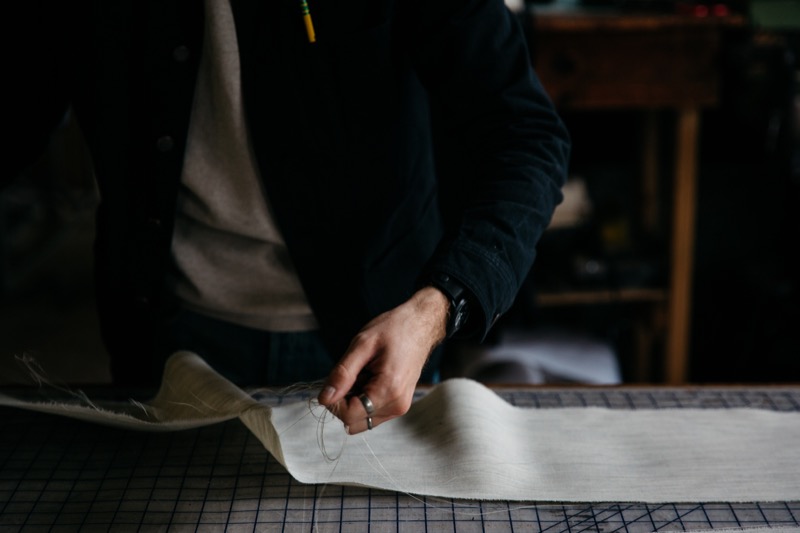
It all started when I got my book deal (you thought I couldn’t weave that into every single post? You thought wrong!) and decided to treat myself to a leather jacket. Not a pleather one from H&M, but a real leather one. The kind that’ll last for years. That’ll go with everything. That’ll stand the test of time. You know, the kind that costs a small fortune.
I started at All Saints. Everyone knows they make gorgeous leather jackets which, from what I’ve heard, are really good quality, with appropriately hefty price tags (the cheapest is £318). And I was willing to spend a lot for what I considered to be an investment. But that’s where the doubts started creeping in.
If I’m paying hundreds of pounds for an item that probably doesn’t cost hundreds of pounds to produce, is some sweatshop worker being paid 50p to create it?
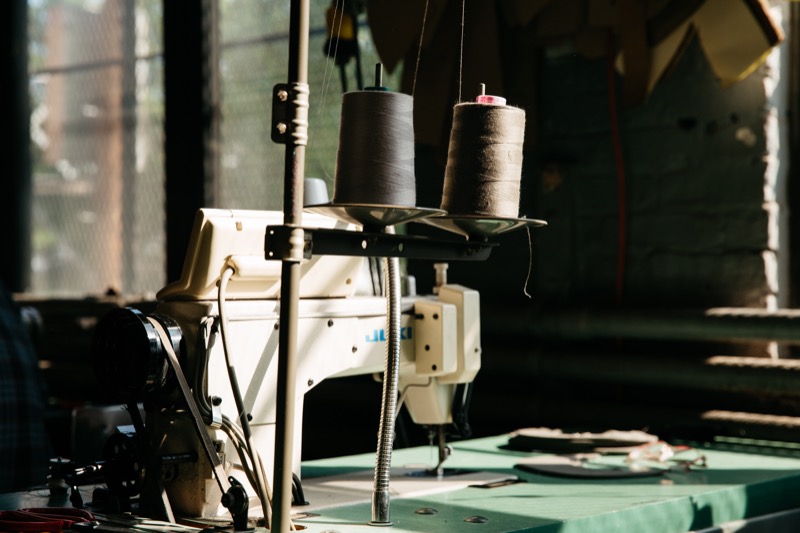
If I was going to be paying a lot for an item, I wanted to know that it was created ethically. And yes, I know I should think about that with every single item I purchase, not just the pricey ones, but I’ll get onto that later.
To be fair to All Saints, they’re not the worst high street brand out there in terms of ethics (they claim to use ethical labour and materials), but it’s not the best, either (they’re not transparent about their supply chain, environmental impact or goals to improve).
So I was suddenly determined to find a jacket that was made ethically – a search that proved far more difficult and frustrating as I delved deeper into the murky world of brand transparency – and ended up being on a quest to find ethical clothes for my whole wardrobe.
I should probably back up.
What is ethical fashion?
Ethical clothing has been around for ages, in various forms. But in my (admittedly very limited) experience, it’s either super expensive (see Emma Watson’s Press Tour for the perfect example of beautifully unattainable sustainability) or just kinda…well, gross.
I don’t want shopping ethically to mean that I look like a hippy. I hate those shapeless fisherman’s pants, I despise tie-dye, and the giant wooden buttons I’ve seen on so many fairly traded cardigans and jackets make me cringe.
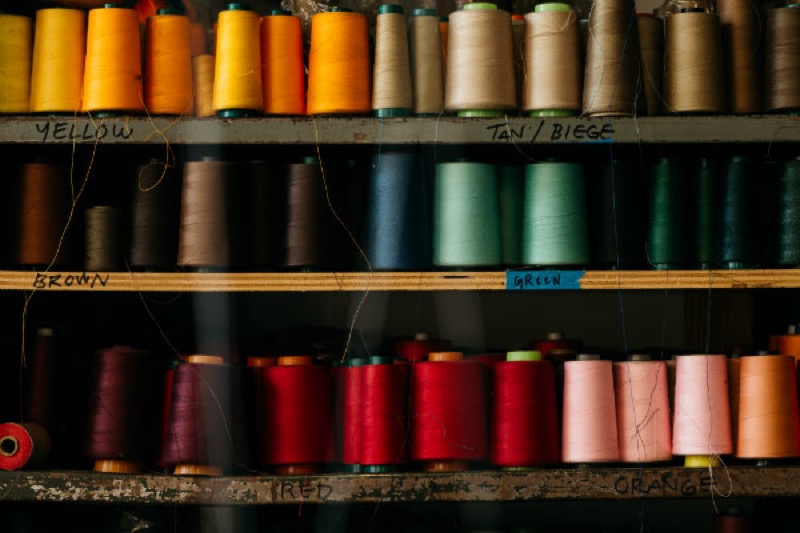
Plus, there’s a whole spectrum of what people consider to be ethical. For some, it means vegan leather rather than animal leather. For others, it means finding brands that are striving to minimise their environmental impact. And there are those who just want all the people involved with the manufacturing and selling of an item to be treated and compensated fairly.
I started out with a concern for the people in the supply chain. Human trafficking is an incredibly large and devastating problem around the world, and I’d hate for my wardrobe to be contributing to that.
But the more I researched, the more I realised that the environment is just as important, and ultimately interlinked with the wellbeing of people. Pollution from the fashion industry (one of the dirtiest industries in the world, apparently) is ruining not only rivers and therefore wildlife, but it’s damaging the health of people in the local communities, too.
Fast Fashion vs. Minimalism
All this research on the ethics of clothing manufacturers made me realise something: fast fashion is not something to aspire to, but rather, it’s a trend to be seriously concerned about.
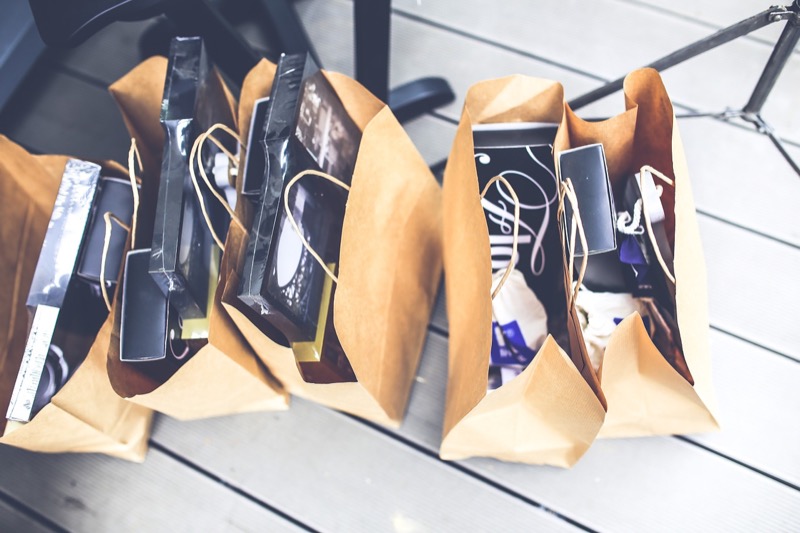
I recently watched Minimalism: A Documentary About the Important Things (which sparked this post about ‘the hustle’), and suddenly things started clicking into place in my brain. I don’t need more clothes. I don’t need to always be wearing the latest fashion. I don’t have to use shopping as a kind of therapy if I’ve had a bad day.
I can shop less. I can be smart about what I’m buying. I can vote with my wallet, and add towards the voices who are already demanding the changes that the fashion industry needs.
And yes, all of these realisations do make me feel uncomfortable. If I’m going to take all of this seriously, it’s going to be inconvenient.
There will be times when I just want to buy something pretty in Primark, or when I’ll feel like I hate everything in my wardrobe. There will probably also be times when I give in to temptation and buy something I haven’t properly researched.
But I want to try. I want to buy fewer items, because I want each piece in my wardrobe to count. To – even in a very small way – make the world a better place.
And I’ll try to document what I find along the way, in case you’re interested in learning more, too. I’m not going to become a fashion blogger, or a preachy ethical hippy.
But I figure that this is something that’s important to me, and it gets me excited, so I can’t help writing about it. I hope you’ll join me on this journey towards my ethical fashion wardrobe.
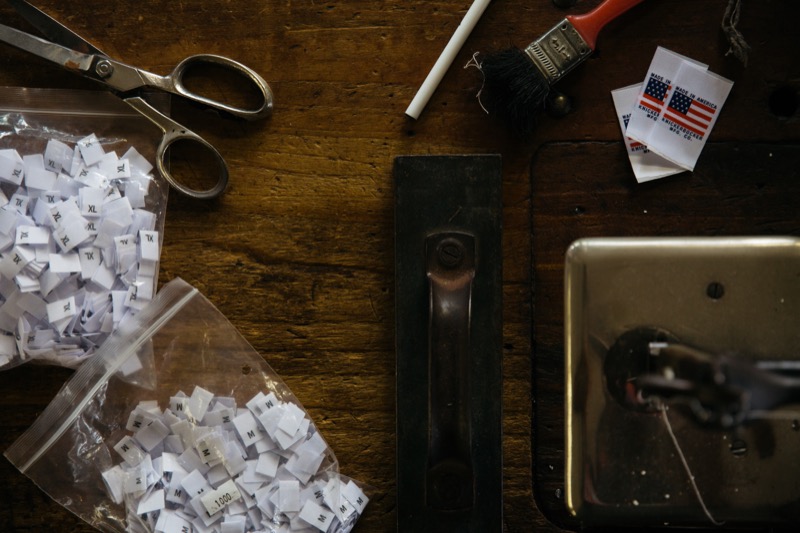
Oh, and I did find a leather jacket in the end. It’s lovely, and it’s ethical, but it needs a slight adjustment so I’ll share pictures and details when it’s perfect!
My Favourite Ethical Fashion Brands
DSTLD
If you love normcore, DSTLD is for you. Not only do they create incredible basics, like jeans and t-shirts, but they’re committed to keeping costs down (without screwing anyone over). They “refuse to work with department stores and retail middlemen”, which means there are no extortionate mark-ups, and ethics are part of who they are as a brand.
They call it their ‘Moral Fiber’: they’re 100% sweatshop free, they check all of their suppliers, all the way along the chain, and they use eco-friendly fabrics. They’re US-based, so you can’t try the clothes on before you buy, but international shipping is reasonable and the product quality is excellent.
Seasalt
Not just clothing, but homewares and stationery too (yay), Seasalt is a Cornish brand that’s committed to upholding their social and environmental responsibilities.
All of their suppliers are required to sign an agreement that ensures the wellbeing of their staff, and this is independently audited to check that they’re adhering to it. In terms of the environment, Seasalt is committed to using eco-friendly fabrics, minimising waste, and regularly assessing their impact.
Plus, their clothes are cute as hell. I’m obsessed with their Sailor Stripe range.
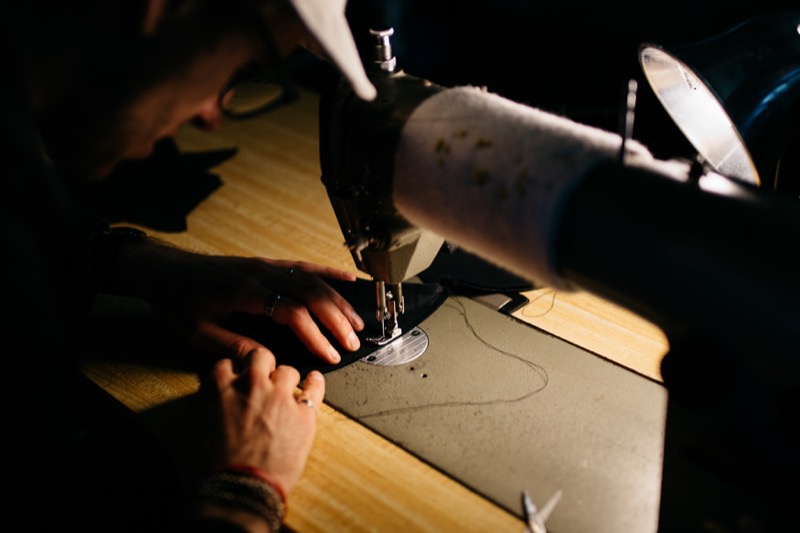
Fat Face
I love a brand with a strong stance on ethics, so I was surprised and delighted to learn that Fat Face says: “Any human rights abuses have no place in our business or in the world in which we live.” Hear, hear!
They’re also taking steps to reduce their environmental impact and have a positive effect on local communities in the areas where they trade or manufacture. And their clothes will look right at home in any wardrobe. Don’t believe me? Check out The Travel Hack’s gorgeous Fat Face collection!
bibico
These guys have been around for ages, quietly killing it in the ethical fashion game. Not all of their clothes are my style, but they do have some really cute pieces, like their blue checked shirts and dresses.
The whole ethos behind bibico is a rejection of the fast fashion industry, and a desire to create timeless, quality clothing, where no-one is being exploited along the way. Prices are reasonable, and there’s a store in Bath if you like to try before you buy. It’s just the kind of brand that gives you warm fuzzies.
tonlé
I think I saved the best for last here, because tonlé is one seriously impressive brand. Their motto is zero waste, fair fashion, and they’re not making vapid claims. Let that sink in for a moment: zero waste!
With around one million tonnes of textile waste dumped into landfills around the world each year, Rachel Faller, who founded tonlé, decided this wasn’t OK. So she started salvaging scrap fabric, and creating clothing from it. All of this brand’s products are handmade (using no machinery, to limit the environmental impact) by fairly paid artisans, who waste absolutely nothing in the process.
And although some of their clothes are a little on the hippy side, they stock some gorgeous basics, too. And at the end of the day, they’re clothes I’ll feel good about spending my money on.
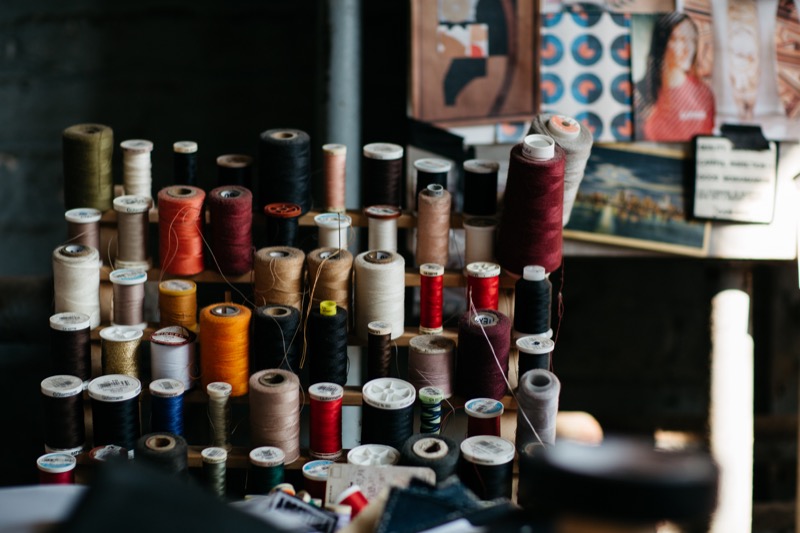
Want more ideas? Don’t miss Girl vs. Globe’s epic list of sustainable fashion brands.
Over to you: what do you think about my mission to buy ethical fashion? And are there other brands I should get to know?
Pin this for later:
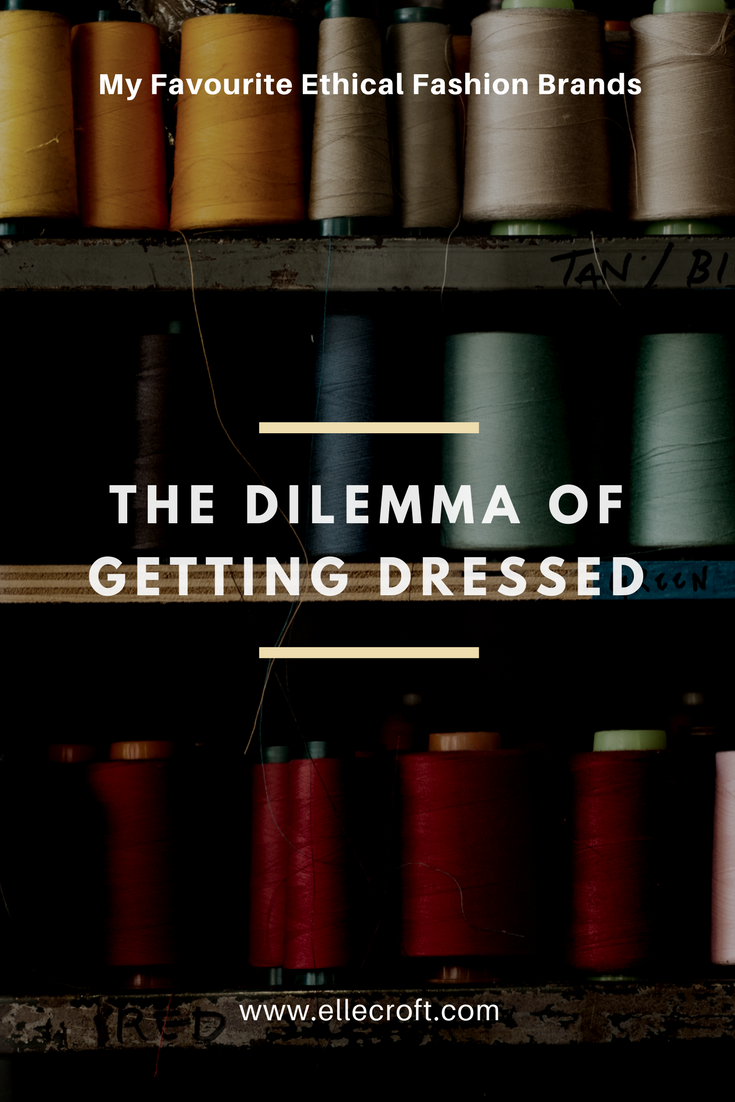

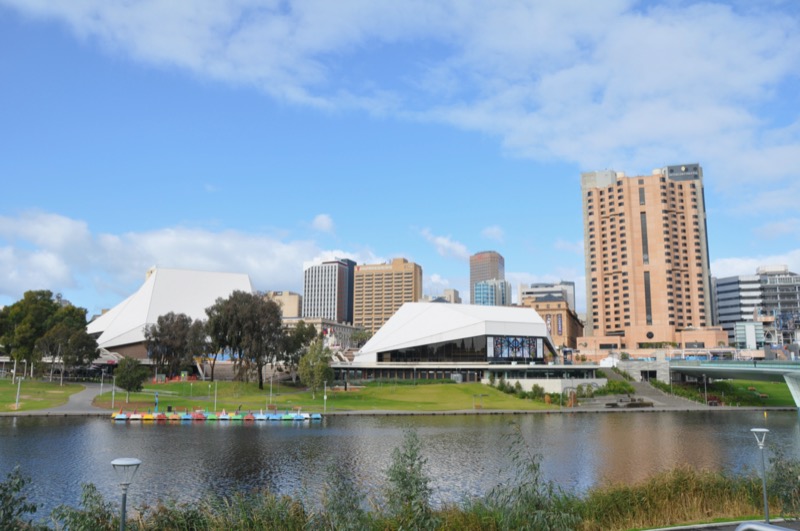
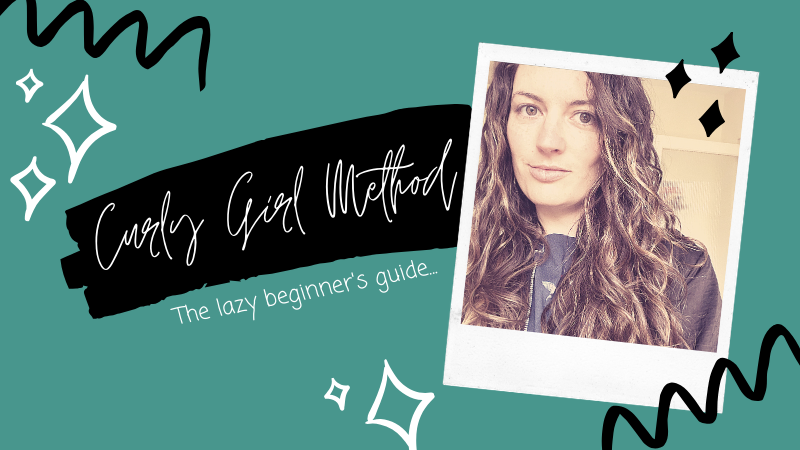
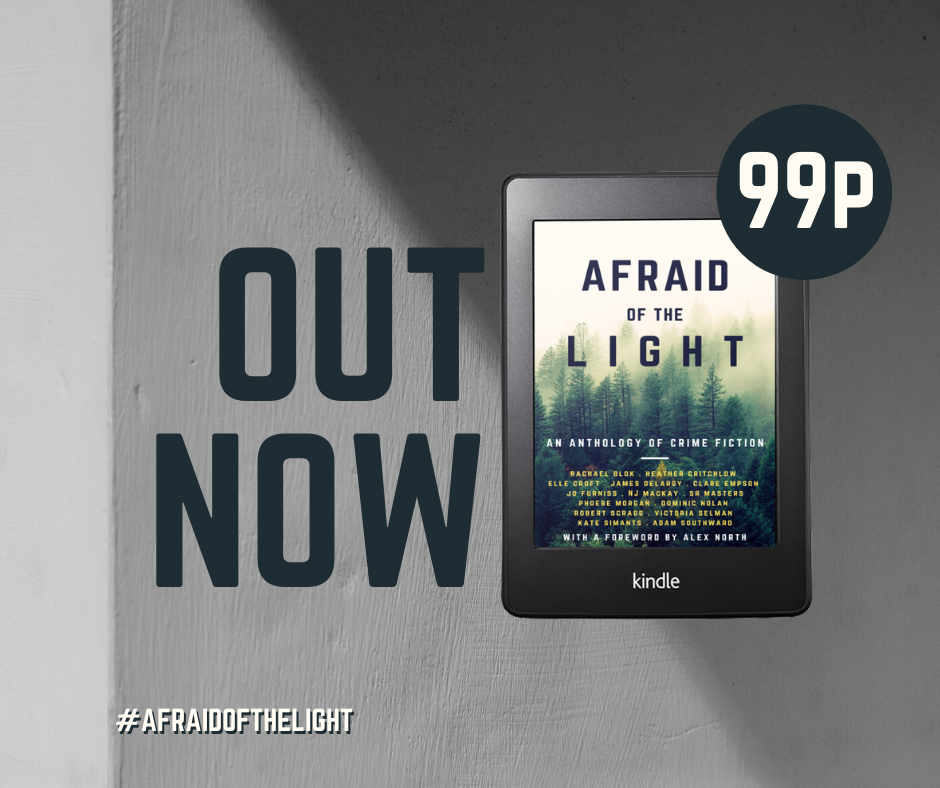
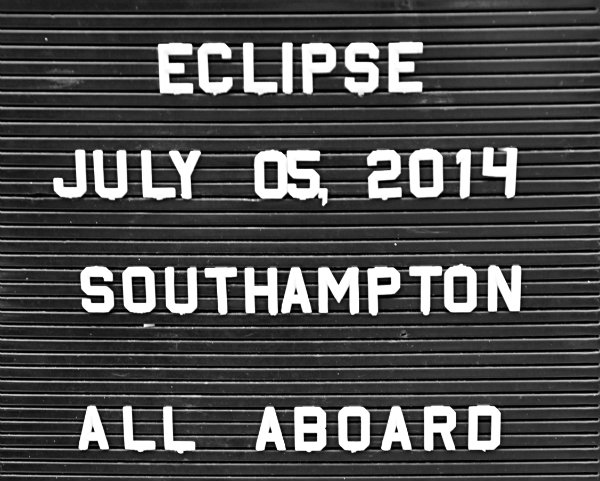
Love this! Xx
Thanks Sis! Love you x